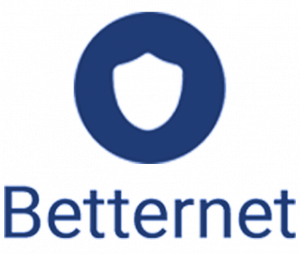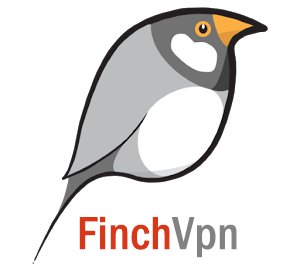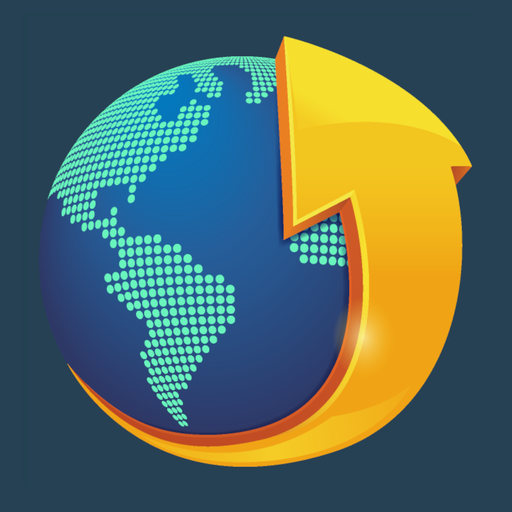OneVPN Review – 2022
This VPN is no longer in service. Check out our list of best VPNs with a free trial instead.
OneVPN is a new Hong Kong-based provider unabashedly claiming to be the fastest VPN offering top-notch privacy and malware protection among a few.
Why Choose OneVPN
OneVPN claimed it offers zero logs, ad-blocking, NAT Firewall, and a whopping network of 390+ servers in 59 countries. I’ve seen my share of VPNs making those claims only to end up being yet another opportunist company on the VPN bandwagon. So I took OneVPN’s ad copy – like that of any other provider – with a grain of salt. Good for me.
Best VPN for
- Netflix, Hulu, and streaming online
- Torrenting and downloading
- Security and privacy
Works on
Mac
Windows
Android
IOS
Linux
Routers

Pros:
- Accepts Bitcoin
- Broad server coverage
- Supports OpenVPN
- Three simultaneous connections
- Win, Mac, Android client
- Unblocks BBC iPlayer
Cons:
- The provider doesn’t honor its 7-day money-back
- Messed up performance
- Clumsy desktop client
- Misleading privacy policy
- Some advertised features are unavailable
- Unresponsive support
Pricing and Plans
OneVPN offers no free trial but covers your paid subscription with a 7-day money-back guarantee. To qualify for a refund, you must email the provider before that term expires. You are also not to consume more than 3GB of data. Be warned: my ticket regarding the refund was dismissed without a reply. The refund was never issued.Their monthly plan will set you off $7.95, which goes down to $4.99 if you pay on a bi-annual basis (a total of $30). As you would expect, a yearly subscription offers an even bigger discount at $47.88 for the entire year of OneVPN.

The provider accepts PayPal, credit cards, AliPay, WeChat Pay, UnionPay, and Tenpay. Bitcoin is not accepted. One other thing you should know about their money-back guarantee is it doesn’t cover your iTunes purchases due to Apple’s restrictions.

Features
OneVPN offers no free trial but covers your paid subscription with a 7-day money-back guarantee. To qualify for a refund, you must email the provider before that term expires. You are also not to consume more than 3GB of data. Be warned: my ticket regarding the refund was dismissed without a reply. The refund was never issued.Their monthly plan will set you off $7.95, which goes down to $5 if you pay on a bi-annual basis (a total of $30). As you would expect, a yearly subscription offers an even bigger discount at $48 for the entire year of OneVPN.

You get three simultaneous connections, software for Windows, Mac, and Android, unlimited bandwidth and sessions, “up to” 256-bit encryption, and all those fancy features mentioned above plus a “speed booster.”Admittedly, OneVPN accepts a broad range of payment options – PayPal, credit cards, Bitcoin, Alipay and gift cards, as well as multiple options via Paymentwall, including WebMoney, GiroPay, and others.

OneVPN provides a native client for Windows, Mac, and Android. Other devices and routers require manual setup; detailed instructions can be easily found on the website. Since the platform supports PPTP, L2TP, and OpenVPN, you can set up either of those protocols on Linux, routers, Apple TV, Boxee, Feebox, Chromebook, and Qnap NAS.

Upon subscription, the provider sends you a welcome email with your username, password, and a link to activate your client area. The latter gives you a quick access to your invoices, account details, and support tickets. The downloads and setup guides can be accessed without logging into your client area.

Support is supposed to be available via live chat, but it was never online during my tests. It also closed my tickets without ever bothering to respond. No kudos for that.Usability-wise, OneVPN is a bit of a mess. The program’s real estate is occupied by a map, which is not a map but a picture of a map with a tag over Hong Kong. Even if it was meant to be a map, it never worked. Re-starting the app never solved the nag. This is misleading. I don’t need to be looking at the map of Asia when I am connecting to other regions.The app consists of merely one tab with your login details and a quick drop-down menu for servers and protocols – PPTP, L2TP, OpenVPN TCP and UDP. This drop-down menu is infuriatingly finicky. For instance, there’s a switch to sort your servers in a different order, but if you click it, the drop-down menu closes altogether.

The gear icon is not what you’d expect it to be. Instead of giving you at least a minimal level of control, the gear icon stands for connection logs.On the performance front, however, OneVPN is downright odd. Despite claiming to have speedy servers that are optimized for bigger capacities, none of its US servers ever managed to connect.

It kept connecting me to French and Canadian servers despite the fact that I was trying to connect to servers in the US. It took several restarts to get its OpenVPN feature to work correctly, but the issues with the US servers persisted.

Also, if you disconnect and then re-connect, the app does not connect you to the last server used. Instead, it makes a pick of the closest server. Although the user interface is dead-simple, the simplicity doesn’t help when VPN starts acting funny.

OneVPN advertises a load of fancy features – an ad-blocker, a NAT firewall, malware protection, and something called One-Stream. My question is – where are these features other than on the provider’s main page? The app’s settings are non-existent but for the protocol and server switch. Allegedly, the ad blocker and anti-malware features are embedded by default, and users don’t get to mess with those settings.You are allowed up to three simultaneous connections per license. No mention of P2P torrenting is found on the website, so it’s unclear if the company allows file-sharing.
Tests
OneVPN leaked my DNS. I would check and re-check for DNS leaks every time I switched servers via PPTP and OpenVPN, but the leak was persistent. This is no good – DNS reveals your real location.

No WebRTC or IPv6 leaks have been detected, a weak consolation for DNS leaks if you ask me.

As far as speeds are concerned, my initial connection speed was slightly over 30Mbps:

OneVPN chopped a half of my speed for short-distance connections like Canada (US servers never had capacity in my tests):

I was able to stream BBC iPlayer without any hiccups, although the connection would occasionally drop:

Netflix immediately recognized I was using a VPN and locked me out:

I was unable to connect to an Australian servers.
Privacy and Security
OneVPN advertises a zero-logs policy, but most VPNs make that claim, so let’s dig the company’s legal pages. Their Privacy Policy states:

I appreciate the brevity, but things like “basically” and “about all” make the legal statement sound vague.With regards to logs, the provider goes on to reiterate the zero-log policy:

And here’s the catch – if the company keeps track of your simultaneous connections, then there must be a record of your login sessions somewhere. On top of that, the zero-logs statement makes no sense when you read the refund policy clause of its ToS – you don’t get a refund if you exceed the 3GB data cap. So the company must keep a record of your used bandwidth. Also, OneVPN auto-renews your subscription so there must be a record of your payment details somewhere at some point.

The above doesn’t necessarily mean OneVPN is doing something nefarious behind the scenes. But neither are they being transparent about their privacy policies, and this is off-putting.Hong Kong is an okay zone for privacy, but it’s still a part of China so I wouldn’t get too comfortable having my metadata stored there.
OpenVPN and “up to” 256-bit encryption sounds good, but you never know which encryption type is at work when you connect.
Final Thoughts
OneVPN exaggerates its capacity and features, failing to disclose its privacy policy fully. Its performance is sporadic at best although it is an affordable solution. The provider doesn’t honor its money-back guarantee closing support tickets without a reply. Find yourself another VPN.



